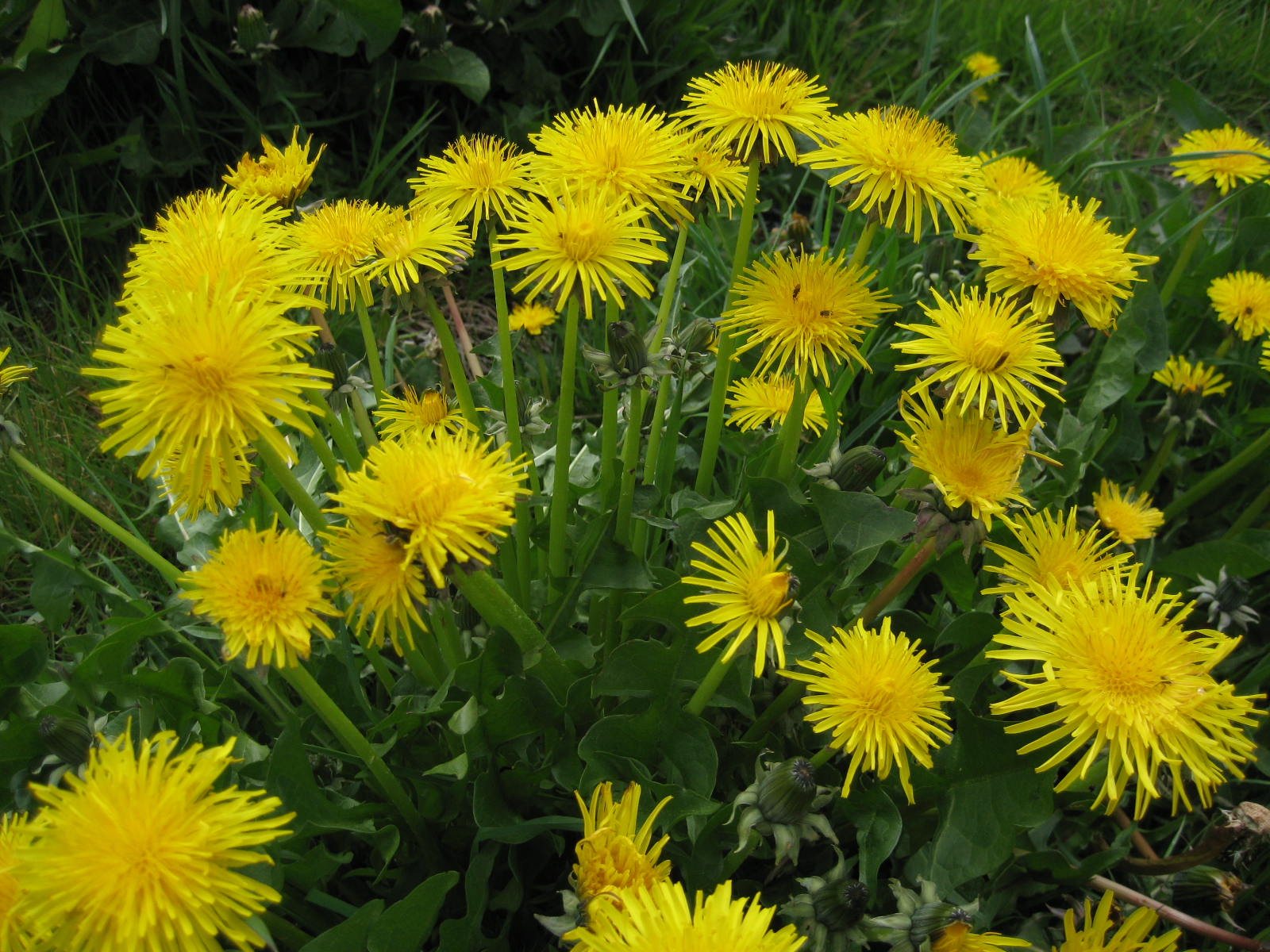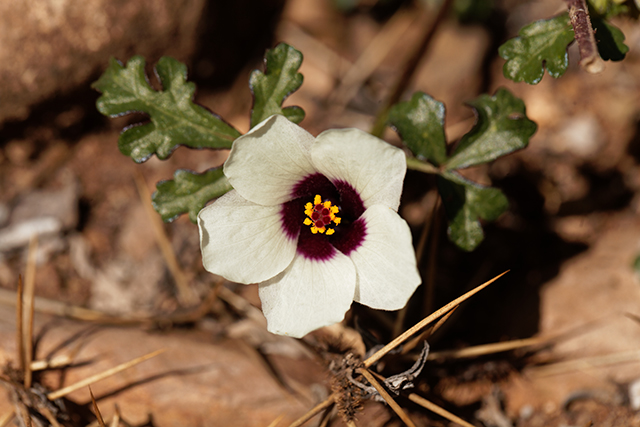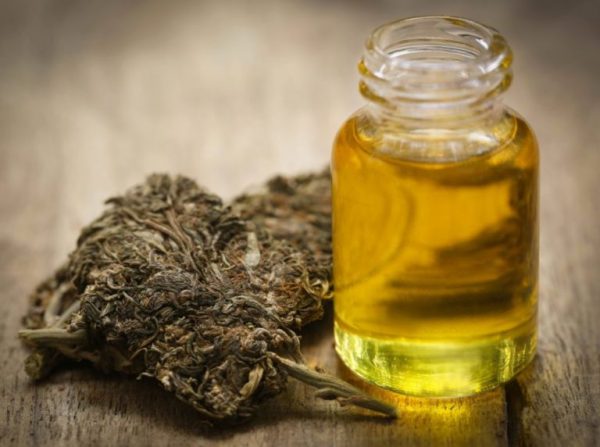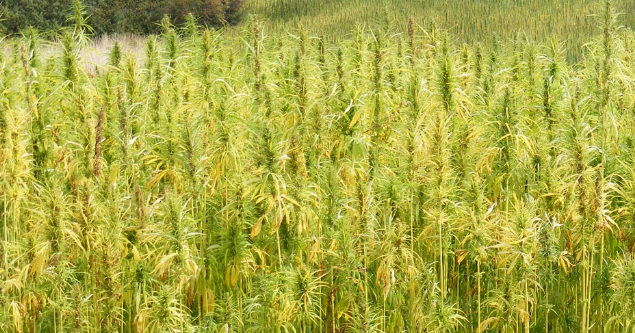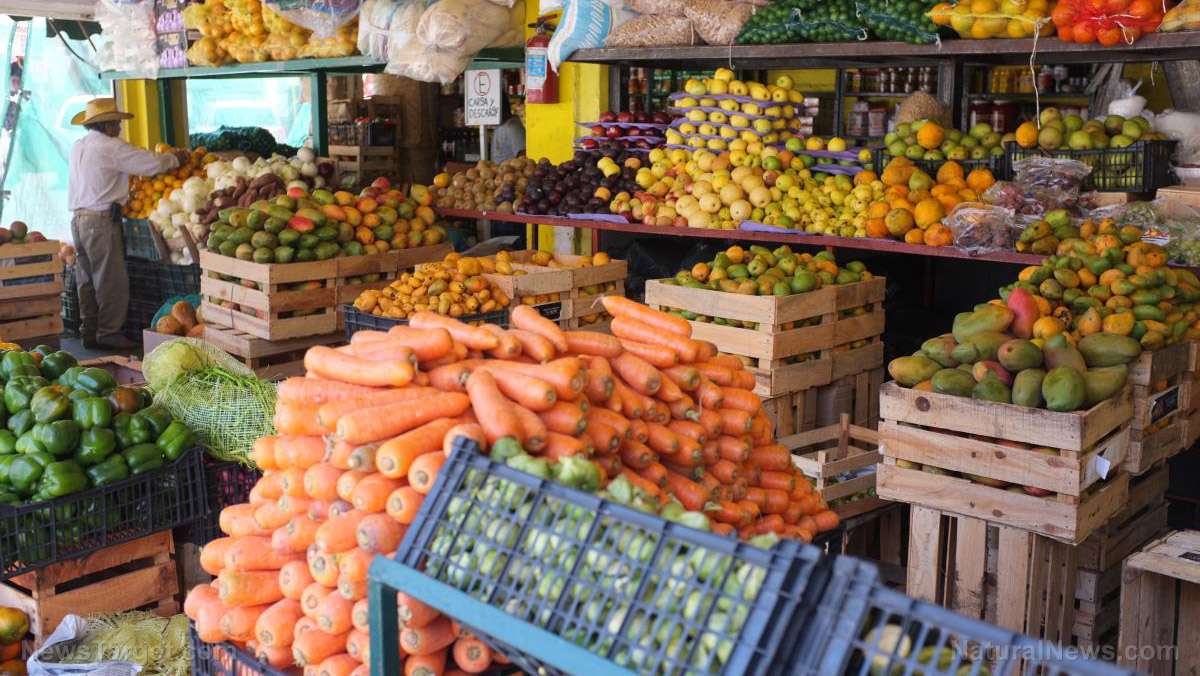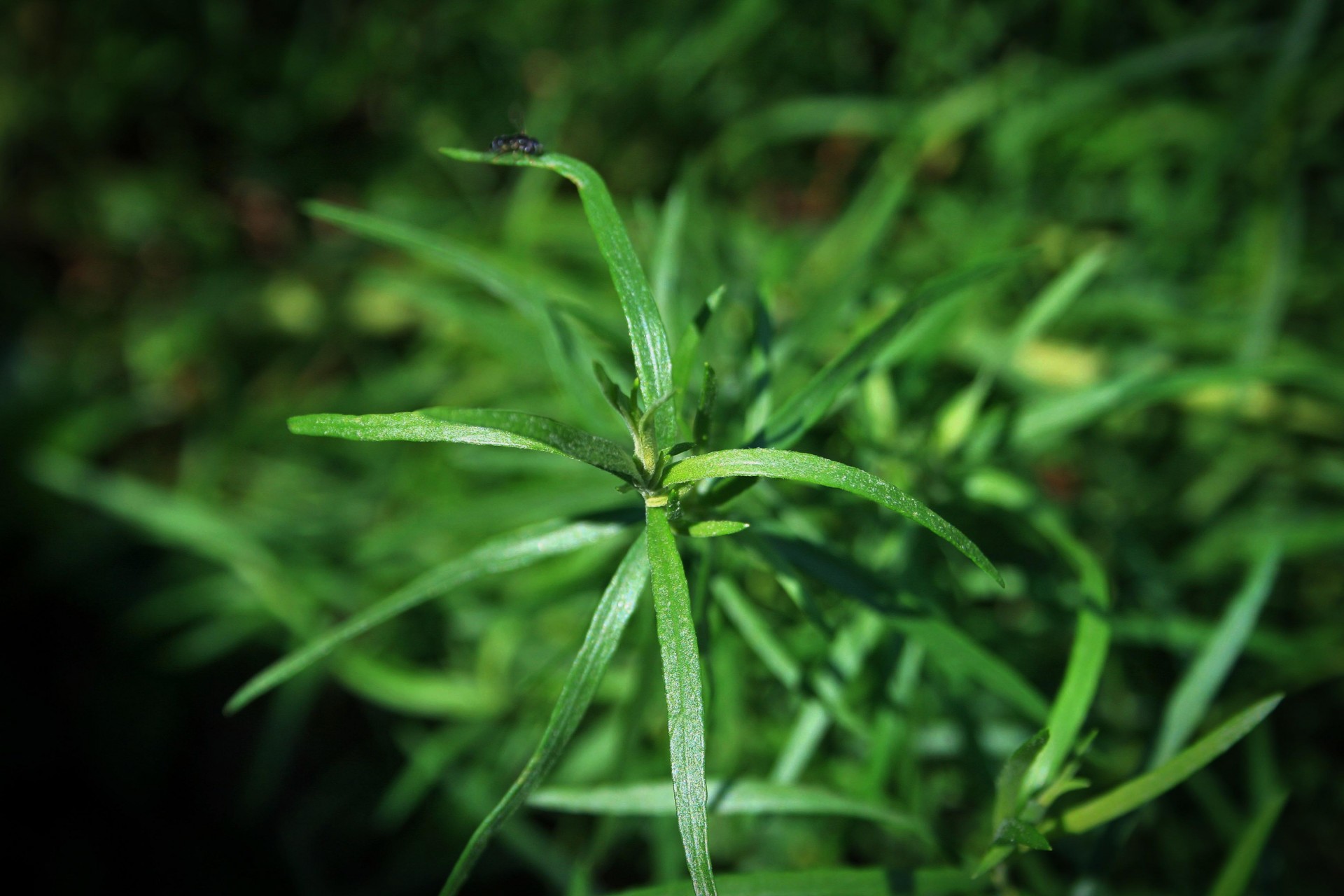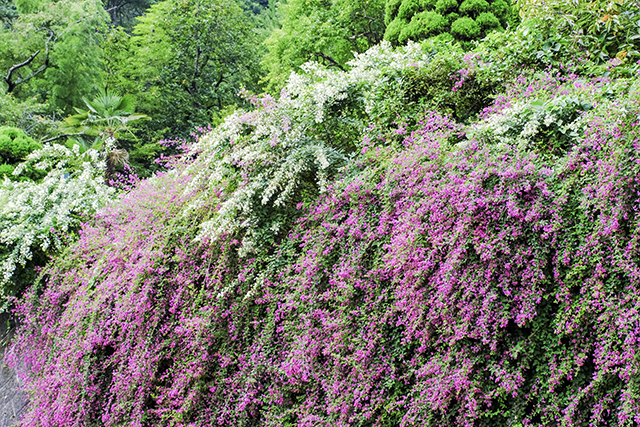06/23/2018 / By Janine Acero
Weeds are plants that grow where they’re not wanted, where they “steal” nutrients meant for desired crops. However, not all weeds are pests. Some can be sources of food or have medicinal properties, and other benefits that may make you see these plants in a new light.
While some weeds can be beneficial, you must first consider the area. If you decide you’re going to forage, check for hazards such as signs of pollution or pollutants, pesticides, herbicides, or other chemicals, or if it’s next to a busy road, accumulating car exhaust. Furthermore, if you’re planning on growing these plants yourself, check your area for ones that are growing alone without any other species of its kind around it. Note that it’s better to collect from abundant patches of plants to make sure they thrive well into the future.
With that in mind, here is a list of some edible weed/herb species you’re likely to find around your neighborhood paths, gardens and empty lots or waste places. (h/t to WildnernessCollege.com.)
- Amaranth (Amaranthus retroflexus) – Some species of amaranth are consumed as leafy vegetables or used as essential oils. The leaves and stems of younger plants go well in salads or cooked like spinach. Edible amaranth can be a good source of free protein.
- Burdock (Arctium minus) – The root of the burdock plant can be eaten as a root vegetable, and it’s rich in fiber. It can be baked, stir-fried, or added to soups. The key is to gather this edible weed when it is young. Oil extracted from burdock leaves and seeds have plenty of medicinal benefits.
- Chickweed (Stellaria media) – Chickweed leaves, stems, and flowers can all be eaten either raw or cooked. Chickweed helps with skin healing, gastrointestinal distress such as bowel problems, respiratory issues, and obesity, to name a few.
- Dandelion (Taraxacum officinale) – Every part of the dandelion can be eaten either raw or cooked. Young dandelion leaves are less bitter than mature leaves, but the bigger leaves can still be a good addition to salads. Tea infused from dandelion has a mild laxative action that can aid in digestion. Dandelions are rich in vitamins A, C, E and B-complex, as well as iron and protein.
- Sheep’s sorrel (Rumex acetosella) – Also known as sour dock, this plant has a sour taste that goes well with salads and soups. This edible weed is rich in vitamins C and A, and beta-carotene. In herbal medicine, sheep’s sorrel is known to help maintain a balanced menstrual cycle, as well as dissolve kidney stones and help with other diseases related to the bladder, breast, liver, stomach, and kidneys.
- Shepherd’s purse (Capsella bursa-pastoris) – This edible weed is a member of the mustard family; the seeds of all mustard species can be dried or used fresh as a substitute for black pepper. The green, heart-shaped seed capsules of shepherd’s purse can be added to salads. In herbal medicine, it’s said to stimulate circulation and increase the flow of urine, as well as help manage menstrual cramps and heavy periods.
- Stinging nettle (Urtica dioica) – The young shoots of the stinging nettle can be harvested and cooked like spinach, or it can be dried and used as tea and infusion. In addition, it can be frozen and used later for stir-fries, soups, and other meals. Stinging nettle is an effective remedy to allergic reactions, as well as joint pain, osteoarthritis, and other inflammatory conditions. This weed is rich in iron, calcium, potassium, manganese and vitamins A, C, and D.
- Wild rose (Rosa sp.) – The dried petals of wild rose can be made into tea. In addition, its fruit called rose hips are rich in vitamin C and can be made into jellies, syrups or added to honey. Clean out all the fine hairs from inside the hips as these can be irritating.
Check out other uses for edible weeds and other medicinal plants at Herbs.news.
Sources include:
WildernessCollege.com
OrganicFacts.net
Herbal-Supplement-Resource.com
VeryWell.com
WholeNewMom.com
Receive Our Free Email Newsletter
Get independent news alerts on natural cures, food lab tests, cannabis medicine, science, robotics, drones, privacy and more.

